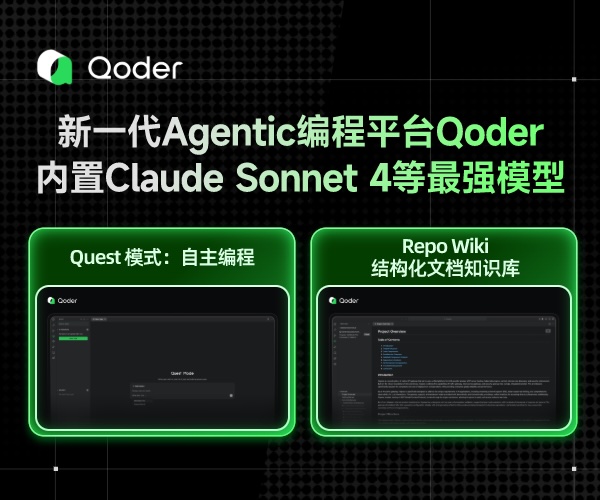python lession 3 -- module
- define my_module.py
def hello():
print("hello world!\n")
- import my_module
>>> import my_module >>> my_module.hello() hello world! >>> my_module.__name__ 'my_module'
- from my_module import *
>>> from my_module import * >>> hello() hello world!
- run module
from my_module import *
if __name__ == "__main__":
import sys
hello(sys.argv[1])
def hello(name="world!"):
print("hello " + name + "!")
- sys.path
>>> import sys >>> sys.path
dir(): lists the names you have defined currently
>>> import sys >>> from my_module import * >>> dir() ['__builtins__', '__doc__', '__name__', '__package__', 'hello', 'sys']
- package:
path/package organize:
first/
__init__.py __init__.pyc second
hello.py hello.pyc __init__.py __init__.pyc
import package module
import first.second.hello >>> dir() ['__builtins__', '__doc__', '__name__', '__package__', 'first', 'sys'] >>> first.second.hello.hello() hello
- __init__.py
__all__ = ["hello"]
use to import all
from first.second import *
posted on 2012-02-06 15:46 york_software123 阅读(166) 评论(0) 收藏 举报



 浙公网安备 33010602011771号
浙公网安备 33010602011771号